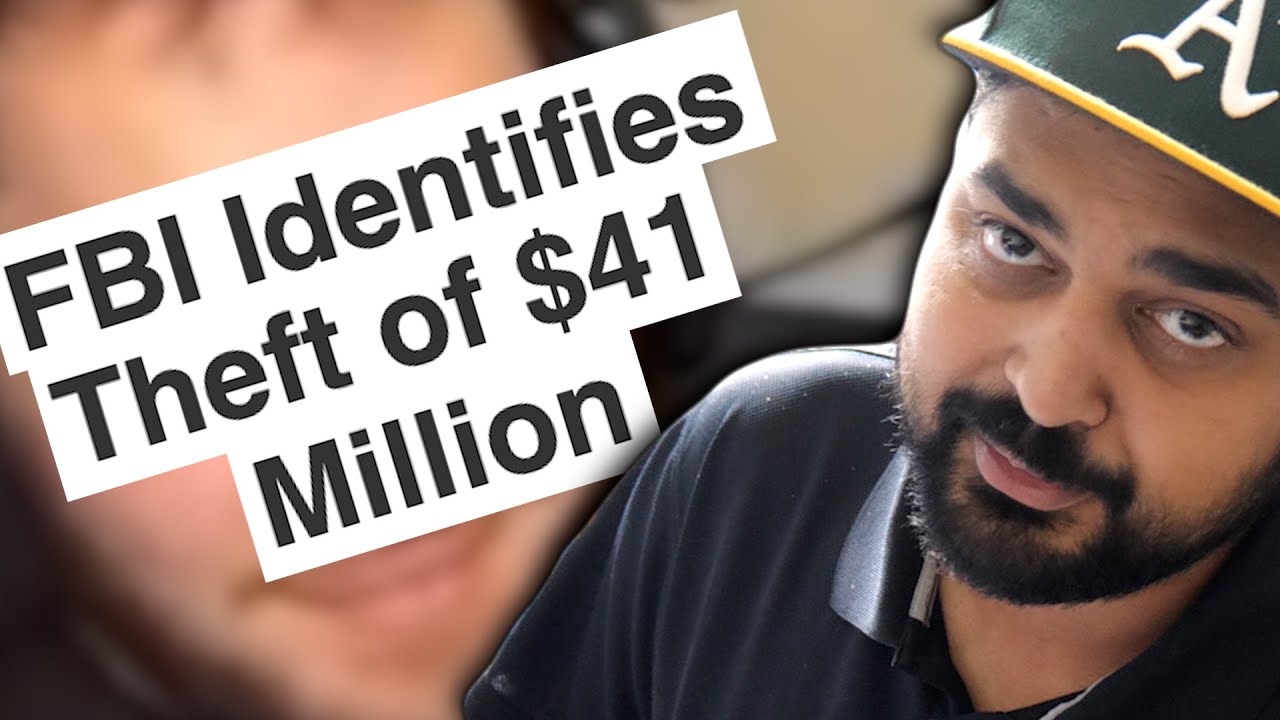The video discusses how North Korean hackers, linked to the Lazarus Group, stole $40 million from the crypto casino Steak using sophisticated hacking methods, exploiting hot wallets’ vulnerabilities. It highlights the challenges of tracking and laundering stolen cryptocurrencies due to blockchain transparency, condemning North Korea’s involvement and emphasizing the need for better security and regulation in the crypto industry.
The video begins with a discussion of the severe legal consequences faced by crypto scammers, highlighting a Turkish exchange CEO who was sentenced to over 11,000 years in prison for allegedly running a two-billion-dollar scam. The host emphasizes that such harsh punishments aim to deter criminal activity in the crypto world, especially when investors lose significant amounts of money. The focus then shifts to North Korea, a country known for its secrecy and cybercrime activities, specifically the Lazarus Group, which is believed to be behind various hacking operations around the globe.
The main story revolves around North Korean hackers stealing approximately $40 million from Steak, one of the largest online crypto casinos. The FBI identified Lazarus Group as responsible for this heist, which was facilitated through sophisticated hacking techniques. The host details the transaction process, showing how the hackers received and moved large sums of Bitcoin and other cryptocurrencies, including Ethereum and stablecoins, across multiple accounts. The transparency of blockchain technology enables investigators to track these movements, making it harder for hackers to fully clean the stolen funds.
The host explains how the theft occurred via compromised hot wallets—digital wallets connected to the internet that are used for convenience in managing large transaction volumes. The hackers likely gained access through leaked private keys, allowing them to siphon off millions of dollars before the casino’s security measures could contain the breach. Despite claims that user funds and personal data remained secure, this incident underscores the vulnerabilities inherent in hot wallet management, especially in high-volume crypto operations.
Furthermore, the video discusses the wider implications of such thefts, emphasizing that the blockchain’s transparency means that stolen funds are under constant scrutiny. Law enforcement and private investigators can track and potentially intercept these funds, although laundering remains a challenge. Still, the attempt to hide or obfuscate transactions is becoming increasingly difficult as authorities develop better tools for blockchain analysis, raising the costs and risks for cybercriminals, including state-sponsored actors like North Korea.
In closing, the host condemns North Korea’s involvement, linking the stolen money to the regime’s destabilizing efforts and potential use to fund military or political activities. They express strong disapproval of crypto gambling industries like Steak and the broader risks posed by the illicit flow of funds to sanctioned regimes. The video ends with a moral stance, reaffirming that such stolen money—if laundered—becomes legally questionable and emphasizing the importance of vigilance and regulation in preventing such crimes.
